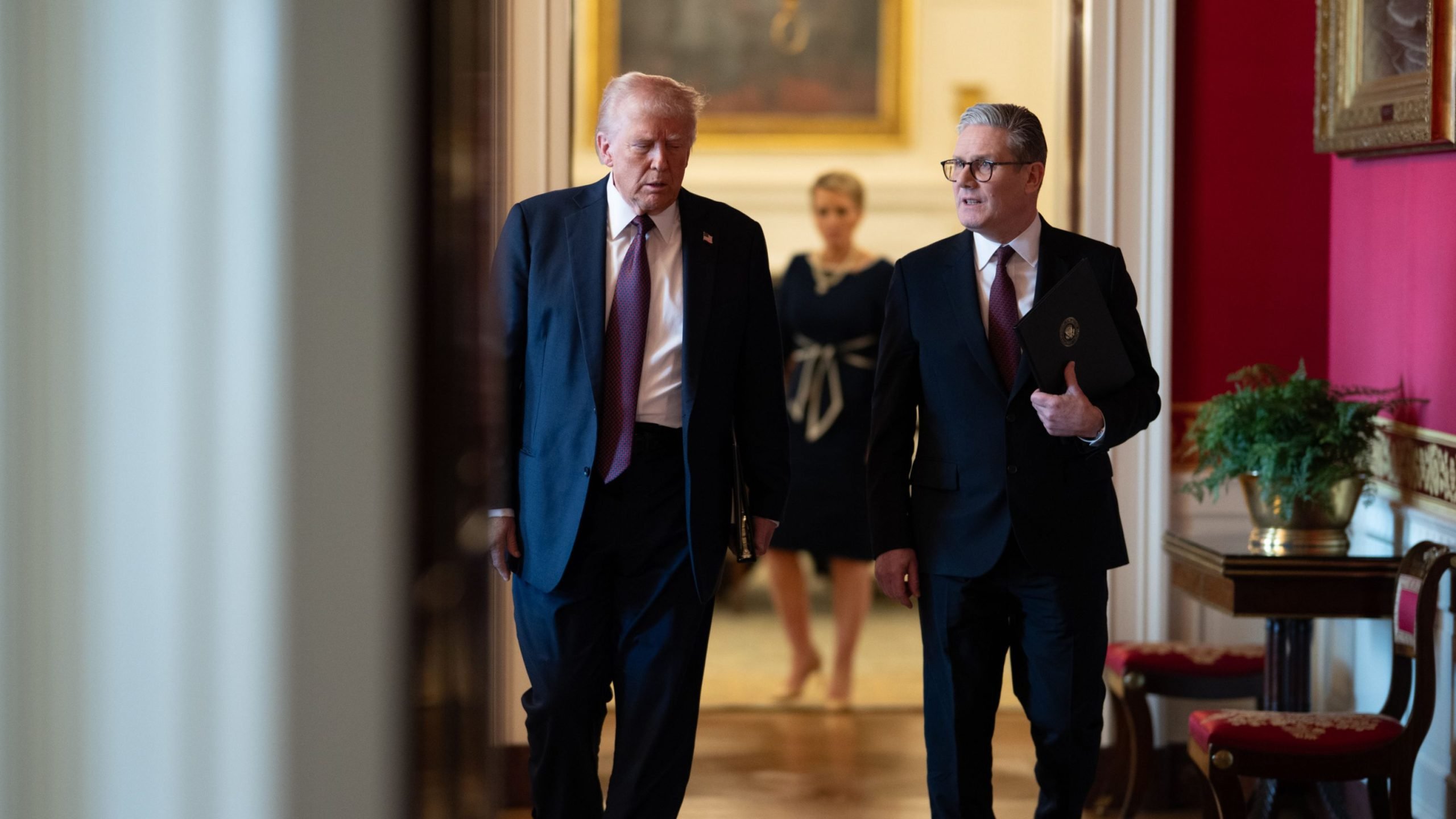The US government is linking the issue of free speech with that of free trade, and that goes for the UK, too; but while the Trump administration treats free speech as a key democratic value, London is trying to make light of the warnings as, essentially, a negotiable issue.
“We know it (free speech) is something they have a bugbear about. We are happy to have discussions on our broader, wide-ranging relationship,” The Telegraph is quoting a UK government source.
More: When One Island Demands to Muzzle the World
Such reactions were provoked by a statement from the State Department’ Democracy, Human Rights & Labor (DRL), saying that the US was “concerned about freedom of expression in the United Kingdom.”
The statement noted that the bureau was monitoring the case against pro-life activist Livia Tossici-Bolt, who was taken to court for holding a sign reading, “Here to talk if you want” in a so-called buffer zone near an abortion clinic. Tossici-Bolt was found guilty.
While recently visiting the UK, DRL Senior Advisor Sam Samson met with Tossici-Bolt, who is facing criminal charges.
The State Department’s decision to openly comment in this instance is seen as “highly unusual.” However, the concerns of the Trump White House are not limited to one case, and have not been expressed for the first time.
The State Department’s statement also read, “US-UK relations share a mutual respect for human rights and fundamental freedoms” – but added, “However, as Vice President Vance has said, we are concerned about freedom of expression in the United Kingdom.”
The UK authorities seem eager to present this emerging problem as something that is insignificant in the grand scheme of the overall economic cooperation between the two countries, which, the Telegraph’s source suggested, cannot be “contingent on this particular issue.”
However, another source close to the trade negotiations spelled out the US position as, “no free trade without free speech.”
In February, Vance addressed the Munich Security Conference to state that in Britain, but also elsewhere across Europe, “free speech is in retreat,” while at the same time acknowledging that during the previous administration, censorship was mainly pushed by the US, not Europe, by means of “bullying social media companies to censor misinformation.”
Vance said at the time that while the Biden administration “seemed desperate to silence people for speaking their minds” the Trump administration “will do precisely the opposite, and I hope that we can work together on that.”
That policy appears to be playing out now in US-UK relations, in the context of trade negotiations. However, the UK authorities’ reaction so far does not seem to indicate they are taking these messages seriously enough or are willing to “work together” to rectify the problem.






















